
Designing 2026 With Intention, Beyond The Illusion Of Good Resolutions
The most dangerous mistake, in my opinion, is underestimation: when we fail to understand what we’re actually capable of. Mistakes in estimation aren’t a bad thing. On the contrary, they’re the fuel that helps us improve our reasoning about what we want to achieve year after year.

Productivity in the Age of AI: Start With Yourself, Not the Model
Highly productive people are increasingly falling into a condition known as productivity dysmorphia: feeling like they accomplished nothing, even when they objectively did a lot. It’s worth noting that this isn’t an official medical diagnosis, but in my experience, most high performers run into this challenge at different points in their careers. Why does it happen, and what can we do about it?

Mexico IA+ and the Plan Behind Its AI Factories
AI factories make this possible by managing nearly the entire lifecycle of the AI process within a country’s borders — from the advanced hardware powering the system, to the collection and processing of data, the training of models, and the monitoring of what those models produce over time. This gives the country developing the factory — in this case, Mexico — greater control over the AI backbone that supports its institutions, economy, and society.

The Jobs That Never Existed
Layoffs are easy to spot when big corporations announce them. But there’s another, quieter phenomenon unfolding that’s harder to see unless you’re inside the AI ecosystem: the jobs that were never created because AI is already doing them.

The Best AI Strategy Starts With Your People
What I’ve seen in organizations, both large and small, is that the main challenge isn’t the technology itself but the lack of training on the AI tools people already have access to. This leads everyone to use AI differently, creating inconsistency, misalignment, and, in many cases, lost productivity.

The AI Movies Promised Us
Pop culture is where we all, at one point or another, establish our baseline expectations for the future, and the technologies powering it should be able to meet. To this day, the expectations of clients, students, investors, government officials, and people I speak with at dinner are shaped by what they’ve seen portrayed in the media.

Your AI Doesn’t Need More Data, It Needs a Strategy
AI can be incredibly powerful and incredibly useful… when used with clear strategic intent. I always tell my team, clients, and students: fall in love with the problem and with the user at the center of the AI system. Understanding what you’re building and who you’re building it for before you begin is, without question, the best strategy of all.

Strategy: Luck Can Be Designed Too
Luck comes and goes. Strategy, on the other hand, gives you a way to shape outcomes instead of chasing them. You can design a strategy that tilts probabilities in your favor… or wait for masked luck to sprint your way and land a hit as it passes.

When Size Really Matters: Small Is the New Big in AI
In the years ahead, the companies that truly thrive will be those that stop treating AI as a monolith and start seeing it as a toolkit. That means deploying the right model, at the right scale, for the right task. There will be plenty of situations where a specialized SLM is the best choice for your organization or even your personal workflow. The answer will ultimately depend on the AI strategy you’ve built.

Bottled Rainbows: When AI Cheers You On Too Much
“If your bottle really can capture and preserve rainbow light, that’s not just a novelty, it’s patent-worthy tech.” The applications, it suggested, could go well beyond selling “bottled rainbows.” And there I was, at peak excitement; it even laid out business models, go-to-market strategies, and pricing schemes.
I decided to push it further and asked if this idea could make me a billionare. The short answer: absolutely. According to AI, if I moved away from selling in phone directories and “positioned it as luxury-art-tech with scarcity-driven storytelling,” I could build a company worth billions of dollars. The natural question then is: should I improve my computer’s security? Because everyone is going to want a piece of this rainbow pie.

Sovereign AI and the Future Mexico Wants to Write
Mexico just took off its gloves and stepped into the AI ring alongside nations like the United States, China, France, Chile, and several others betting on Sovereign AI. If you’ve followed my columns, you know Sovereign AI is deeply personal to me and will be one of the central areas of my graduate work at Harvard University—specifically focused on designing public financing mechanisms, particularly sovereign wealth funds, that allow countries to sustainably fund the development of these national technological capabilities. Seeing Mexico and other countries in the Global South take the reins of their digital futures is not only inspiring—it’s necessary.
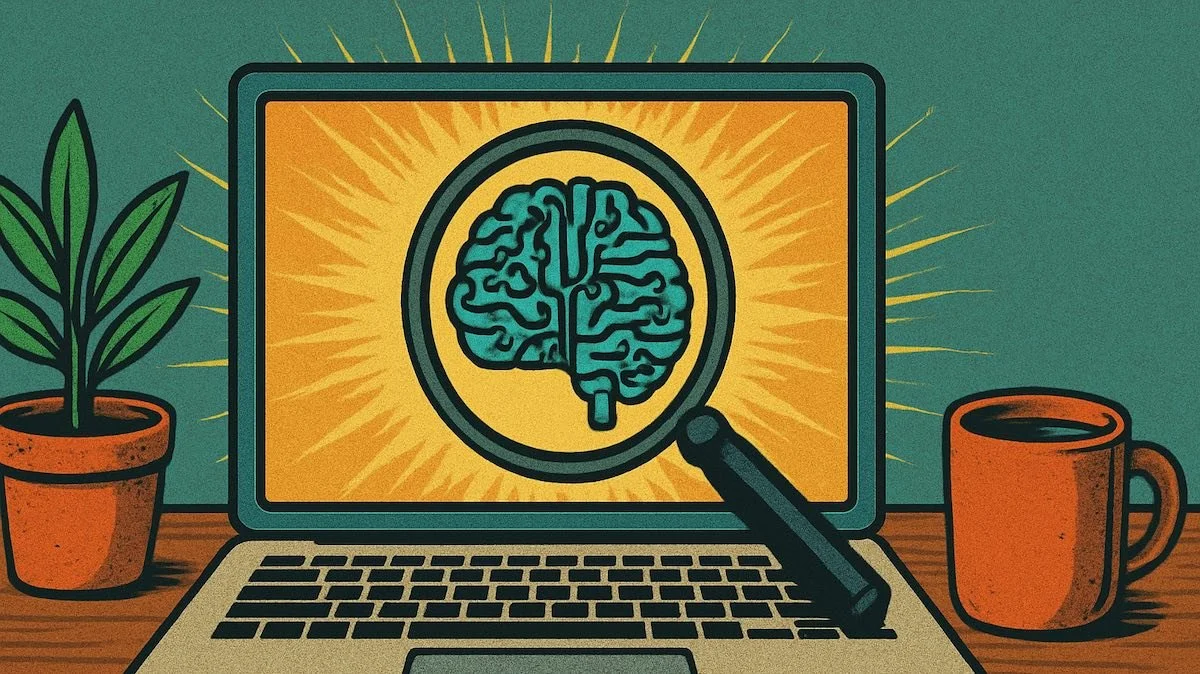
GEO vs. SEO: When AI Becomes the New Channel of Influence
In the age of artificial intelligence, it’s entirely possible that your next client won’t find you on Google, but in an AI-generated response. GEO, or Generative Engine Optimization, is the newest trend—and for many, one of the most important—to stay relevant in this new era. Why, you ask? Well, let me introduce you to GEO’s older sibling: SEO, also known as search engine optimization. That same SEO that was once the life of the party now struggles to get into the algorithm’s inner circle. And that shift tells us everything about what’s coming next.

A New Age of AI-Driven Discovery
2025 might just be the year that artificial intelligence not only starts to live up to the hype but even surpasses it. Last week, an advanced version of Gemini Deep Think, developed by Google DeepMind, scored 35 out of 42 points at the International Mathematical Olympiad (IMO), a score that this year placed it within the gold medal range. At the IMO, brilliant teenage minds solve problems like Marvel superheroes—challenges that would make most adults question whether they really know m
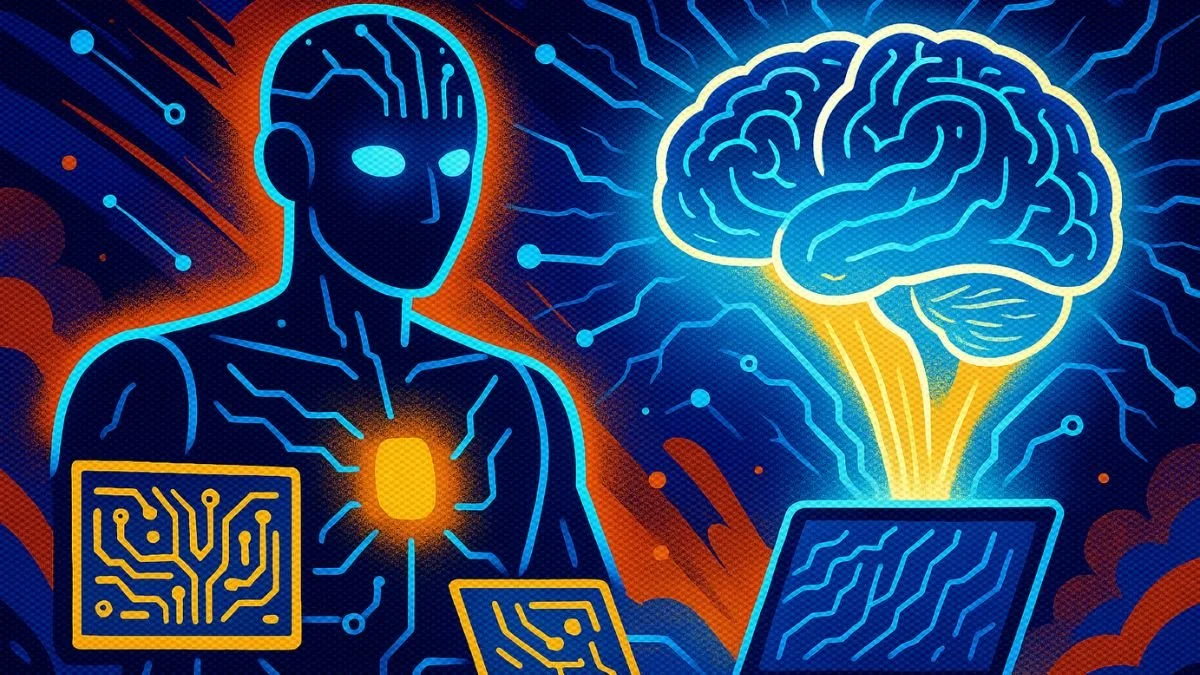
Superintelligence: No longer fiction, now a mission
A few years ago, I presented the state of artificial intelligence to a group of senior government officials, along with projections for the most likely scenarios they’d face in the coming decades. Part of those sessions involves surfacing the most relevant developments and trends—so they can be considered, planned for, or dismissed. And when the subject is frontier or highly speculative technology, it’s a delicate balancing act.
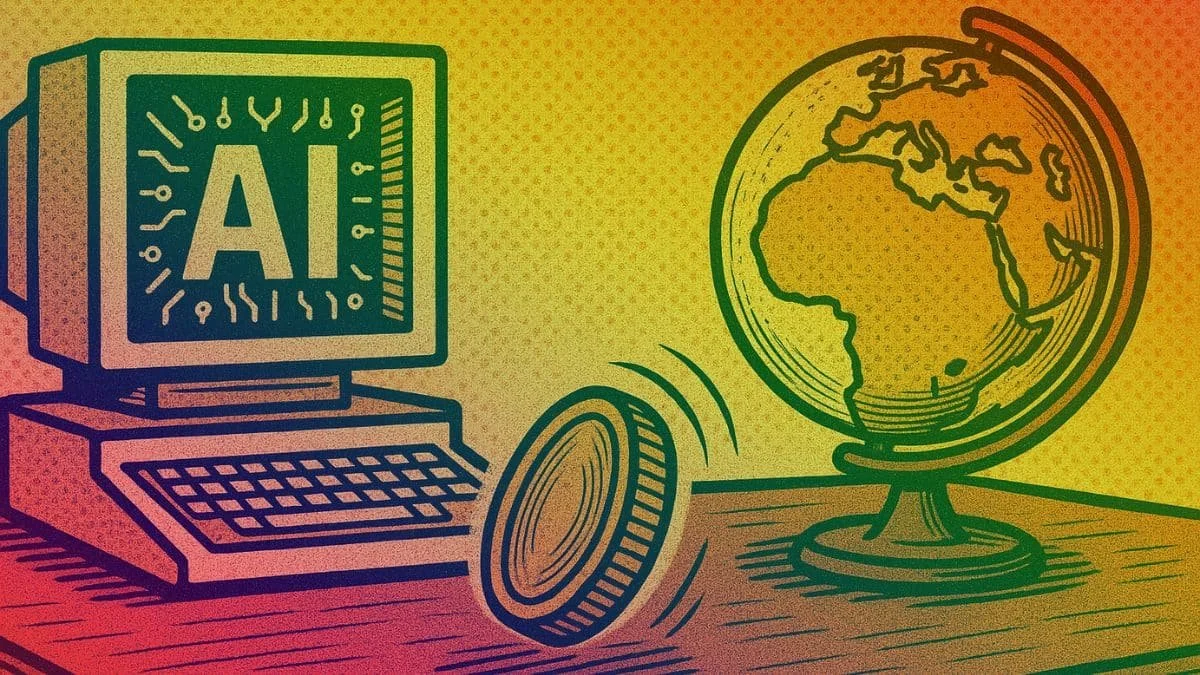
What if uncertainty had three sides?
Do you ever feel like there’s so much happening in the world that you don’t even know where to begin to make sense of it all? From the rise of artificial intelligence to mounting tensions in the Middle East and Eurasia, it feels like almost everything we used to rely on to understand the world… no longer applies. So how do we make sense of it? Can we even make sense of it?

What does it mean to be Mexican? Lessons I learned about my roots from AI
For more than a decade, I’ve been in the AI industry. It’s a fast-paced ecosystem that constantly changes and evolves. It challenges assumptions, shifts perspectives, and forces you to ask hard questions to better understand what truly matters about the problem you’re solving. The better you understand your reality, the better the systems you can build to reflect and serve it.
It was in that process of building, researching, testing, playing, and learning about AI systems that I began to understand what it means to be Mexican, at least for myself. Someone of Mexican descent, born in the United States, who’s spent the past two decades living around the world.

What if the magic of AI didn’t die… but routine stole it?
You may not have noticed, but we’re living through a rather unusual time. All of us—including you—are witnessing a unique moment in human history. Of course, the only constant in nature is change: it’s what took us from hunting woolly mammoths to chasing down our phones to order dinner from an app. We’re living in a magical era.

The Arctic in Play: Greenland, Canada, and the Ice-Cold Competition for Power
A few weeks ago, I wrote about how tariffs are now affecting just about everything—and everyone—from major powers to remote islands inhabited by penguins. As the world shifts toward a multipolar order, many regions that once barely registered in the minds of citizens or governments are now front and center. Case in point: Greenland… or even the (very unlikely) idea that Canada could become the 51st state of the United States.
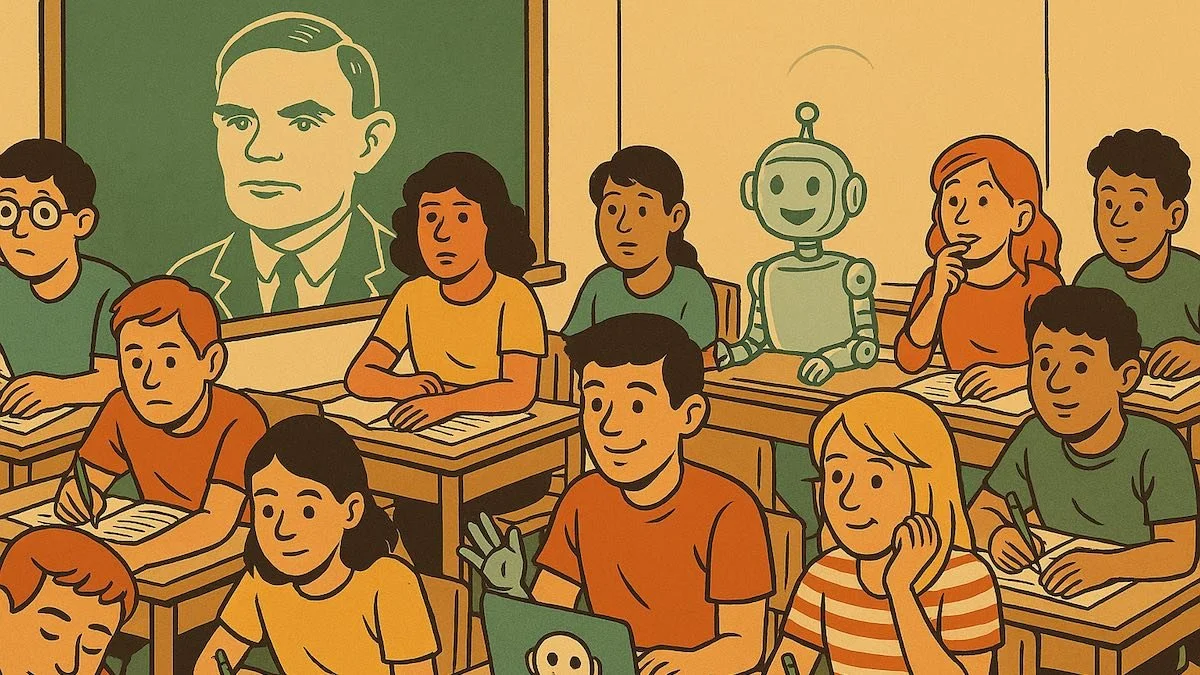
When the student shows up with an upgrade, passing the test isn’t enough
You may have felt like Isaac Newton over the past few weeks, discovering gravity as you watched global stock markets plummet before your eyes. Unfortunately for you, gravity was already discovered, and this week it won’t be the best topic of conversation—nor will the stock market, to be honest. But not all is lost in your quest to find something new to share with your colleagues. There’s an emerging field in artificial intelligence that’s still not widely discussed or fully understood: Physical AI.
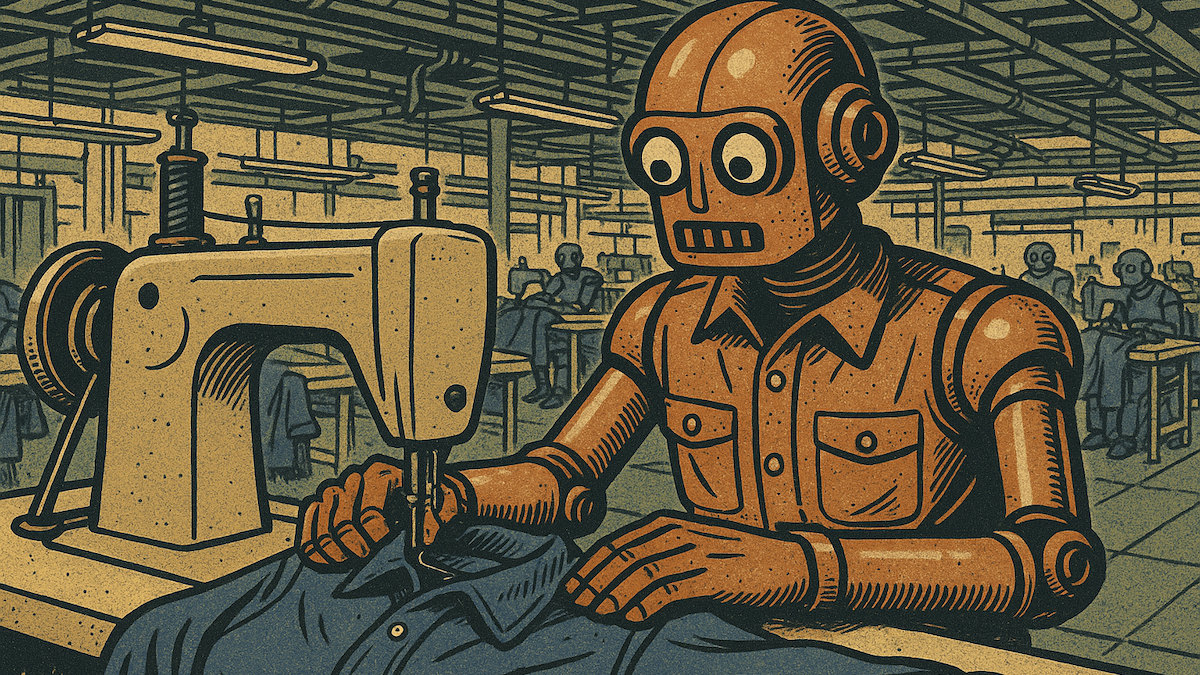
While the markets fall… AI stands up
You may have felt like Isaac Newton over the past few weeks, discovering gravity as you watched global stock markets plummet before your eyes. Unfortunately for you, gravity was already discovered, and this week it won’t be the best topic of conversation—nor will the stock market, to be honest. But not all is lost in your quest to find something new to share with your colleagues. There’s an emerging field in artificial intelligence that’s still not widely discussed or fully understood: Physical AI.
